Religious Studies > Research Paper > RLGN 105- Worldview Research Paper (VERIFIED) (All)
RLGN 105- Worldview Research Paper (VERIFIED)
Document Content and Description Below
Worldview Research Paper Liberty University: RLGN 105- B07 What is a worldview? Worldview Research Paper Part I All people hold different beliefs and attitudes about them the... mselves and the world around them. Though one may not be conscious of it, these beliefs often govern the way he or she acts in life. In both daily life and while making major decisions, a person relies on their worldview. “A worldview can be defined as the set of beliefs one has about reality. For a worldview to be complete one must be able to answer the questions about our origin, identity, meaning, destiny, and the nature of morality” (The Five Question of a Worldview). A worldview, however, is not limited to these questions but encompasses all of reality. Of course, not all worldviews are correct or present truth about reality. A worldview includes beliefs that are both true and false whether one knows it or not. One’s worldview can change, grow, and expand as he or she gains new experiences or reflects on their beliefs. Ultimately, a worldview is not something mystical but is simply put- one’s beliefs about the world and the nature of what is. Word Count: 172 Part II The Question of Origin Throughout the history of mankind many theories have been put forth for the origin of the universe and humanity. One might rightly express the question, why is there anything rather than nothing (Evans & Manis, 2009)? The Bible- God’s revealed word, begins by answering this important question. “In the beginning God created the heaven and the earth” (Gen 1:1). God created all things in six days and on the seventh he rested, he saw that all things He made were good. (Gen 1:31-2:2) God created man and named him Adam, then out of Adam he made Eve. In these few short verses, God shows us that both the universe and humanity was created by Him. God as a necessary being, was there before creation and from him all that is was created. There are many competing thoughts as to when God created the universe, however, there is consensus within the Christian worldview that God is the only creator. All humans today, can trace their origins back to Adam and Eve, God’s first created humans. The Question of Identity Unlike certain religions that view humans as one aspect of an equally important creation, Christians belief that God endowed unique significance upon people. God created man and women in his image and likeness (Genesis 1:27), giving them dominion over all his creation (Genesis 1:28). As humans we are not equal to the rest of God’s creation, we are above it. “Christianity calls humans to nurture, guide and direct the unfolding of human creativity and potential, for the benefit of all and the protection of the earth” (Valk, 2013, Pp 165). God breathed into us life and bestowed on us many of the characteristics that he portrays. Like God, we can love, sustain, protect, and provide for the rest of his creation and other human beings. God has given us the intelligence and authority needed to have dominion over His creation. All humans are made in the image of God, have in some way distorted this image, and have an eternal soul that exists apart from the body. The Question of Meaning/Purpose One aspect where humans differ from animals is in their search for meaning. While some may believe there is no objective purpose in this world, Christians believe that humans do have a meaning and purpose. This purpose is given by God and revealed by God through his Word. God’s purpose starts at the cosmic level and goes down to the individual. All of God’s creation finds it’s joy, purpose, and meaning in glorifying God (Isaiah 43:7). God created humans to have a relationship with him and give him the glory that he deserves. In doing this people find their meaning and purpose. A well known saying expresses it well- “there is a God shaped hole in our heart that needs to be filled”. A big part of honoring God involves being his ambassadors on this earth. Being born again in Christ (John 3:1-23) God charges us to “love mercy, do justice and walk humbly with Him” (Micah 6:8). Our purpose is to strive for Christlikeness, share God’s kingdom, and delight in our Lord. The Question of Morality In present western society the popular opinion about morality has undergone a major shift. Objective Biblical morality has been replaced by individual and cultural relativism. Christians, however, still find their source of morality from God and his Word. Christians believe that God set forth for us objective moral standards, “God recognizing what is good…[and] commanding us to do it” (Evans & Manis, 2009, p. 973). This creates for humans an obligation to do what is morally good. Humans are shown what is right and wrong through the means of God’s natural revelation, one’s conscious (Romans 2:14-15), and through the special revelation of his Holy Spirit and Word. Morality is not based subjectively on culture or emotions, but on the timeless truth that comes from God. Humans are expected to submit to God’s moral laws and follow them joyfully. Morality is not arbitrarily selected by God but judged by God as what is best for his creation. God tells us the two greatest commandments are to love God and love people (Matthew 22:36-40). Christian morality is practical and all encompassing. The Question of Destiny The question as to what happens after death strikes the deepest within one’s heart. This is where, if wrong, one can suffer the eternal consequences of their incorrect worldview. Unlike the increasing popular opinion held by atheism, Christians believe that one does continue to exist after bodily death. Eternal life after death is central to a biblical worldview. Christians believe there are one of two destinies a person can go after death. Those who have not received the gift redemption through Christ go to hell, while those who have, go to heaven (John 3:16). The Bible portrays hell as a place with weeping and gnashing of teeth (Luke 13:28), where the unbeliever will spend eternity separated from God. Heaven is described as a place without pain and suffering, where the believer will spend eternity in the presence of God (1 John 5:13-14). Christians wait for the day when God will create and new heaven and earth (Revelation 21) and can dwell in his presence forever. Word Count: 858 Bibliography C. Stephen Evans;R. Zachary Manis. Philosophy of Religion: Thinking About Faith (Contours of Christian Philosophy). Kindle Edition. Cupitt Don. The Radical Christian Worldview. (Cross Currents, 2000) Pp. 56-67 John Valk. Christianity Through a Worldview Lens (Acumen Publishing Ltd, 2013) p. 165 Presentation: The Five Question of a Worldview (Liberty University, 2017) https://learn.liberty.edu/webapps/blackboard/content/listContent.jsp? course_id=_420081_1&content_id=_20648832_1 [Show More]
Last updated: 1 year ago
Preview 1 out of 6 pages
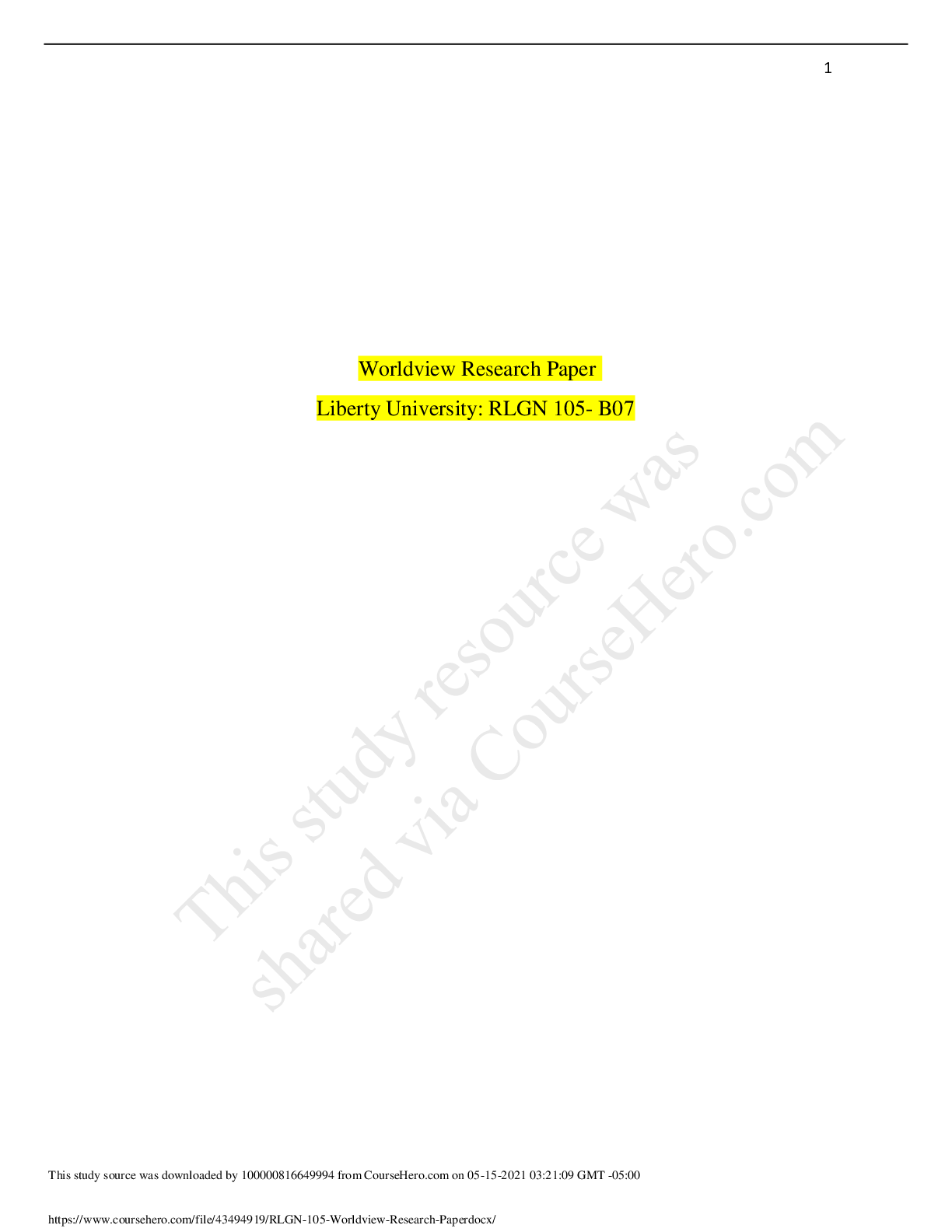
Reviews( 0 )
Document information
Connected school, study & course
About the document
Uploaded On
May 15, 2021
Number of pages
6
Written in
Additional information
This document has been written for:
Uploaded
May 15, 2021
Downloads
0
Views
68


.png)
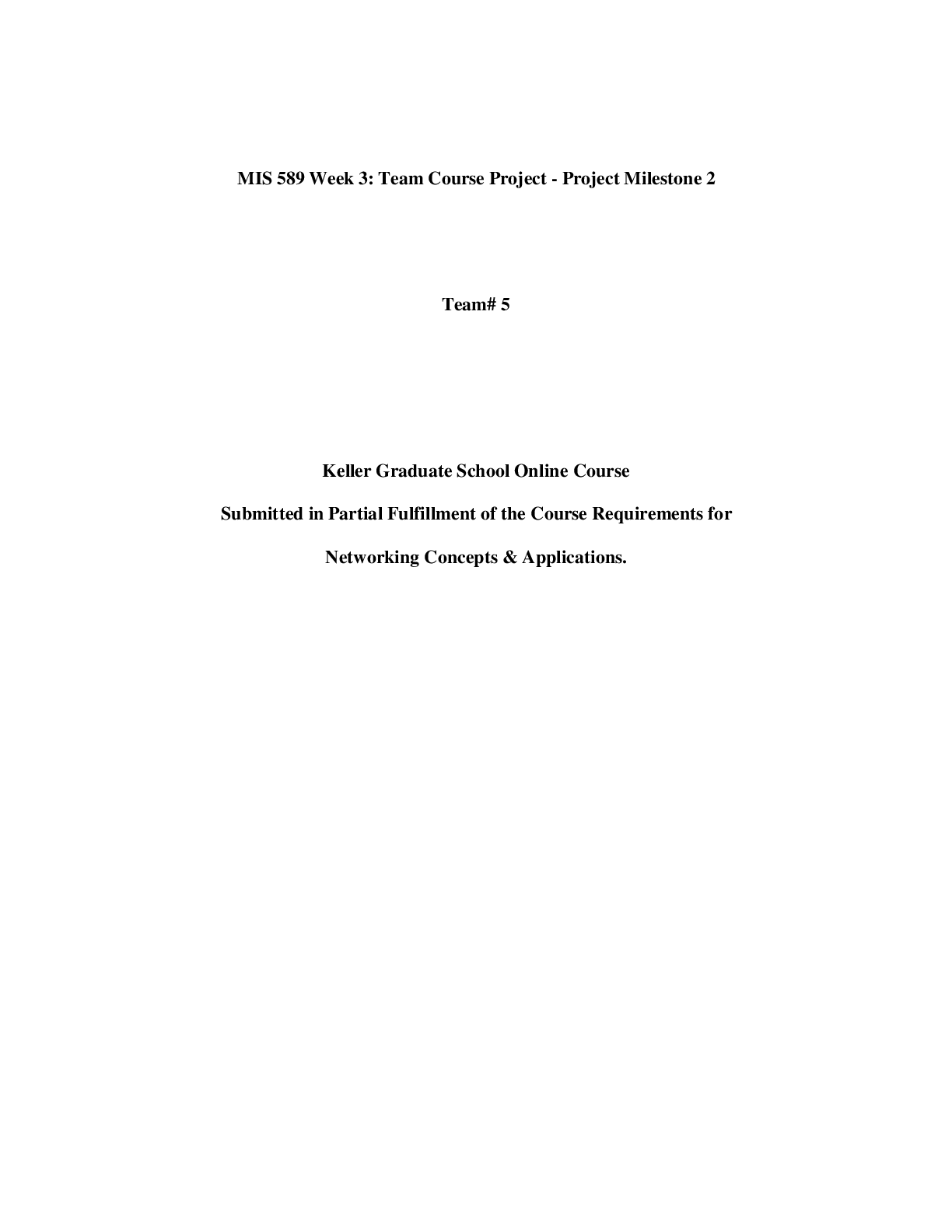


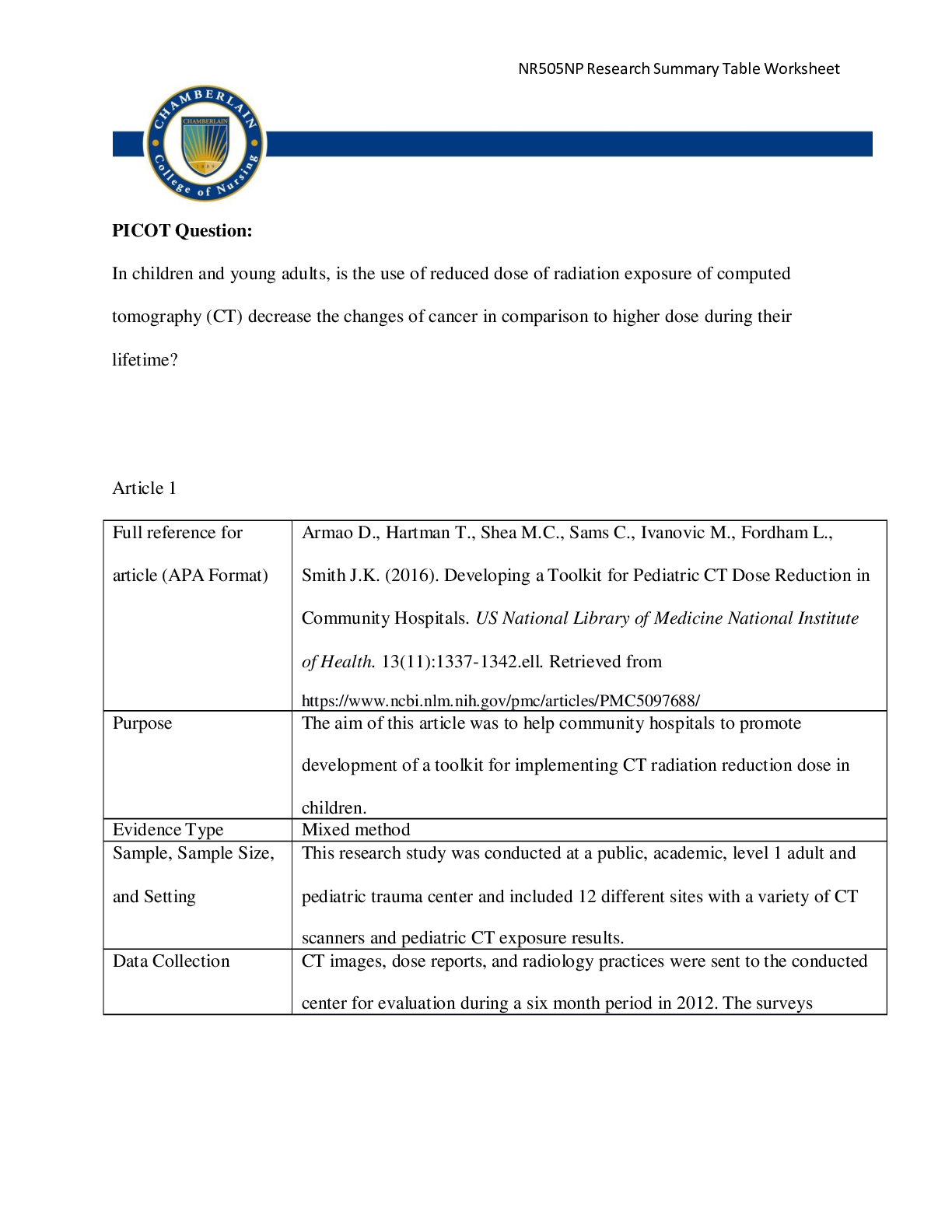

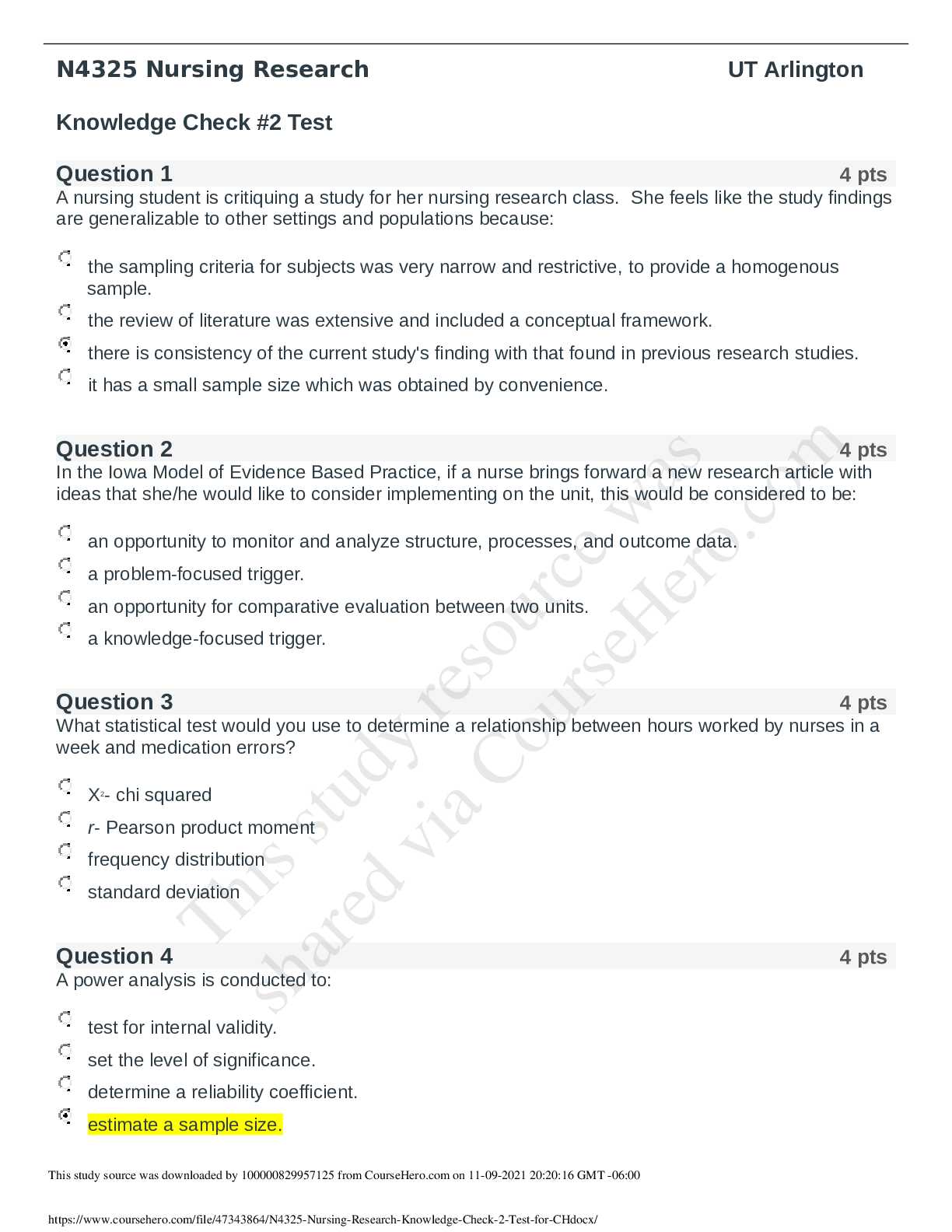



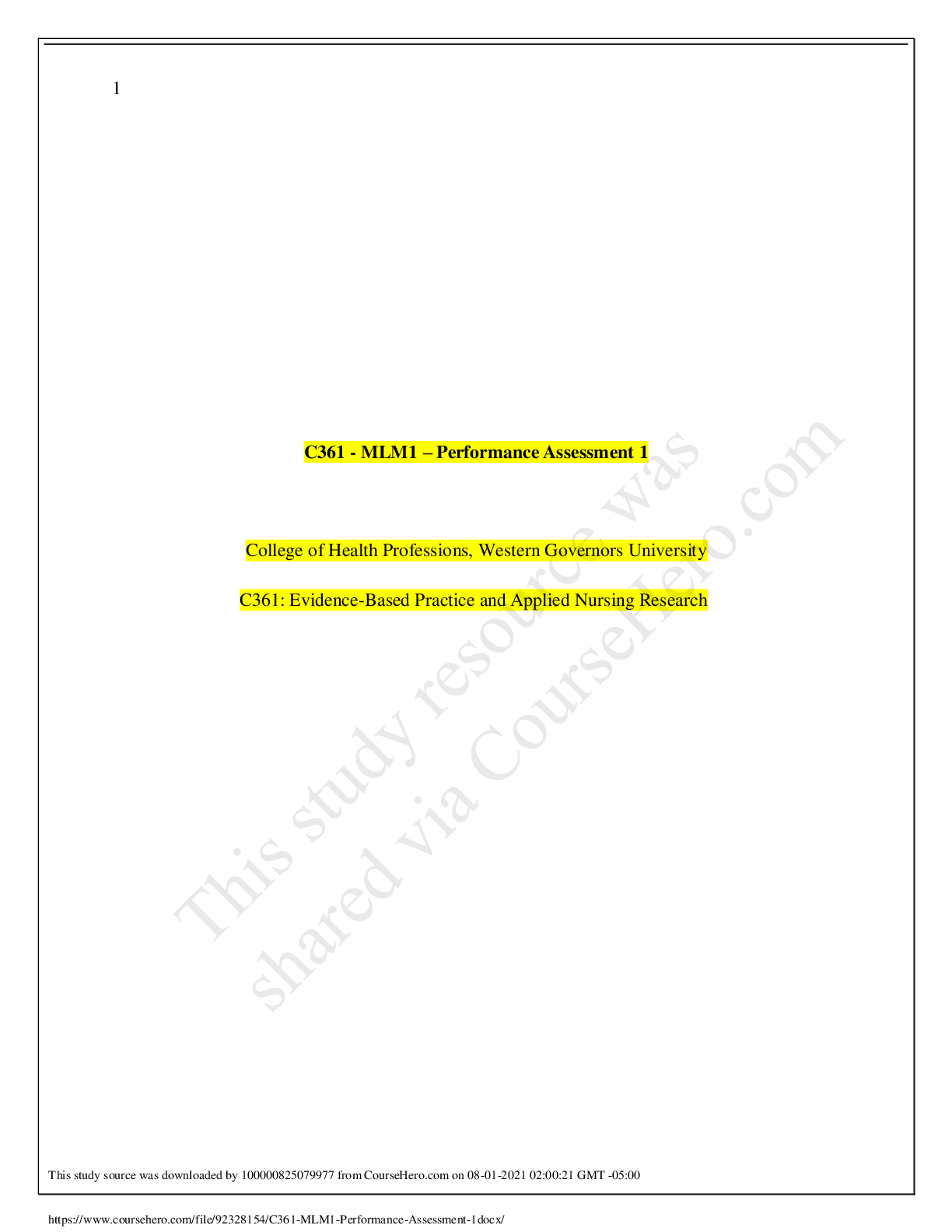

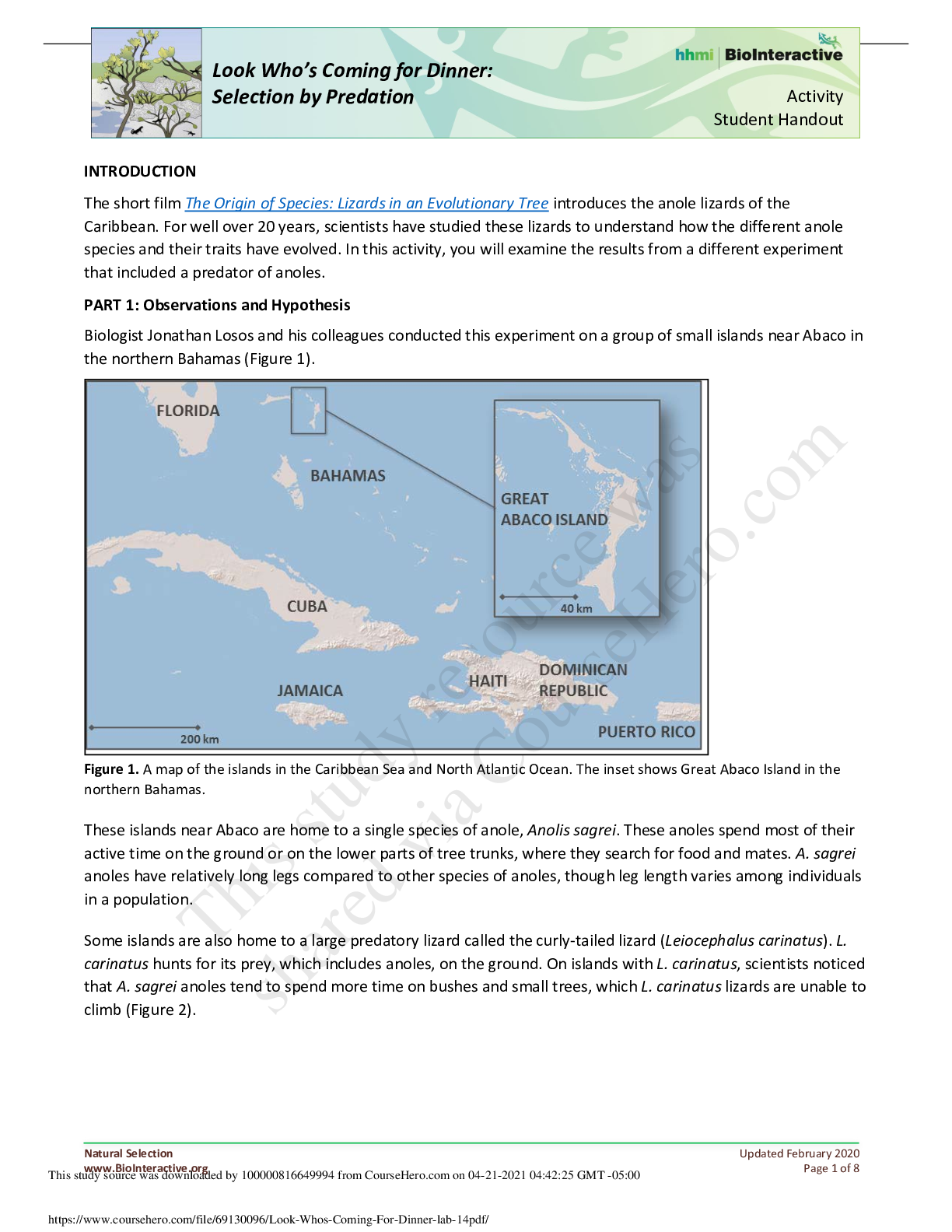
.png)
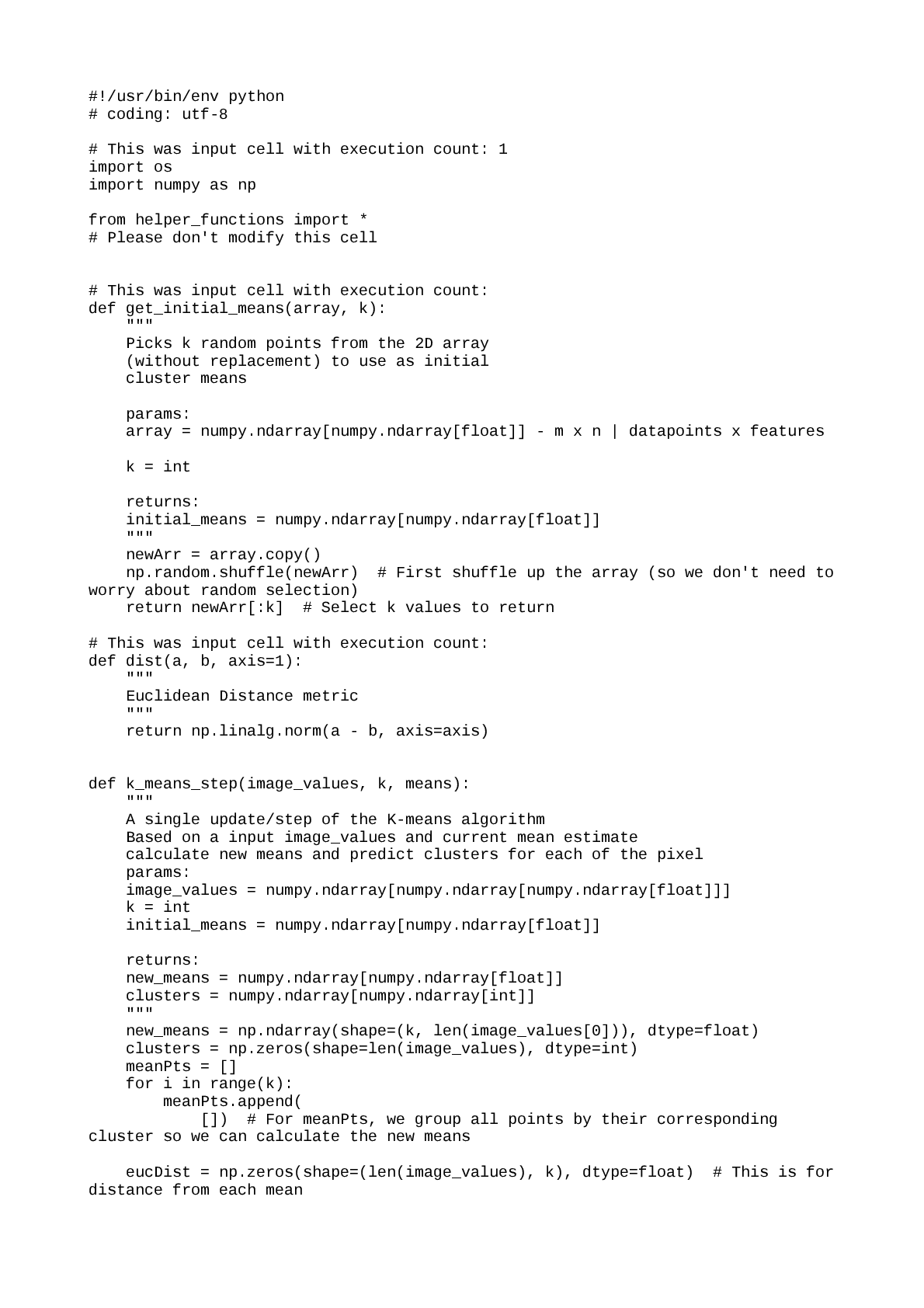
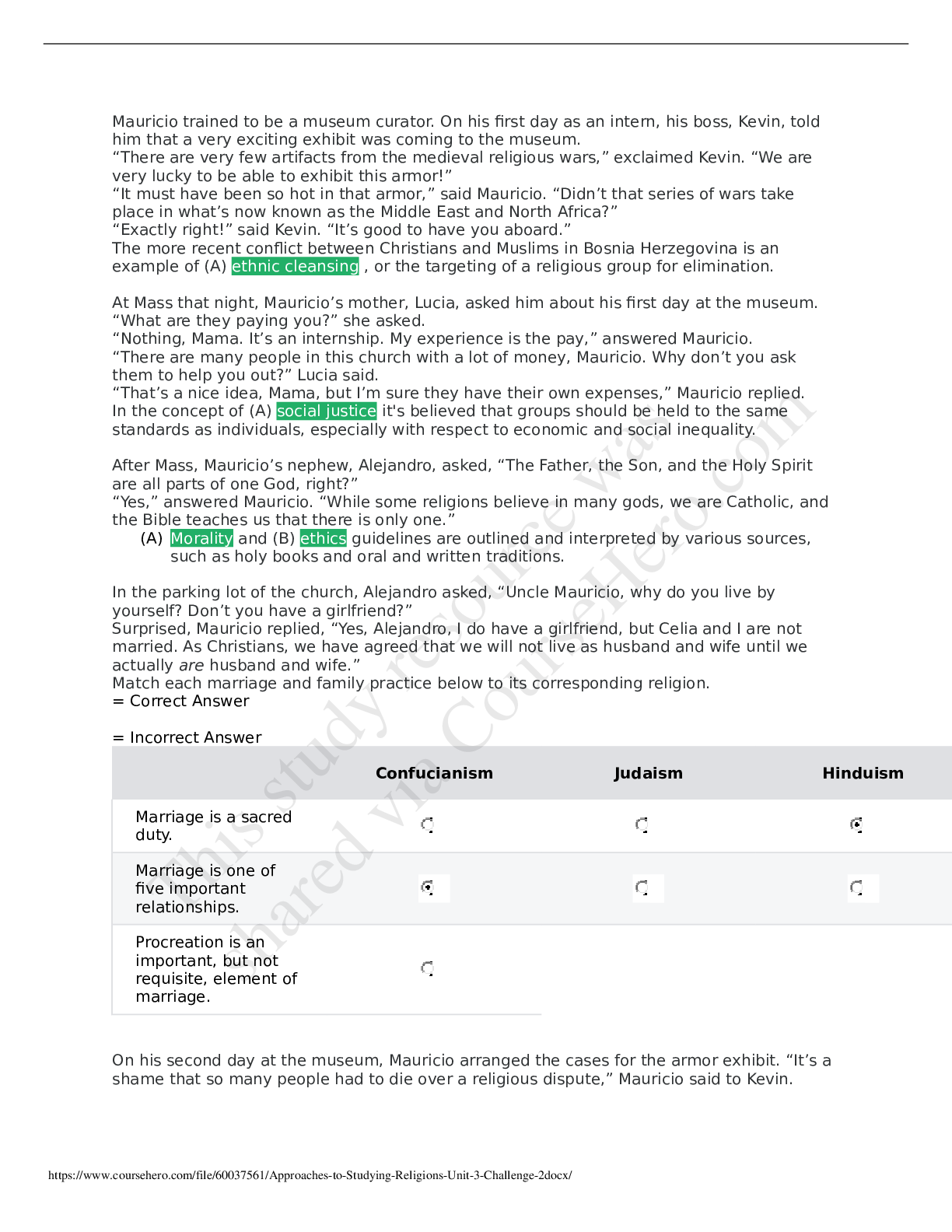
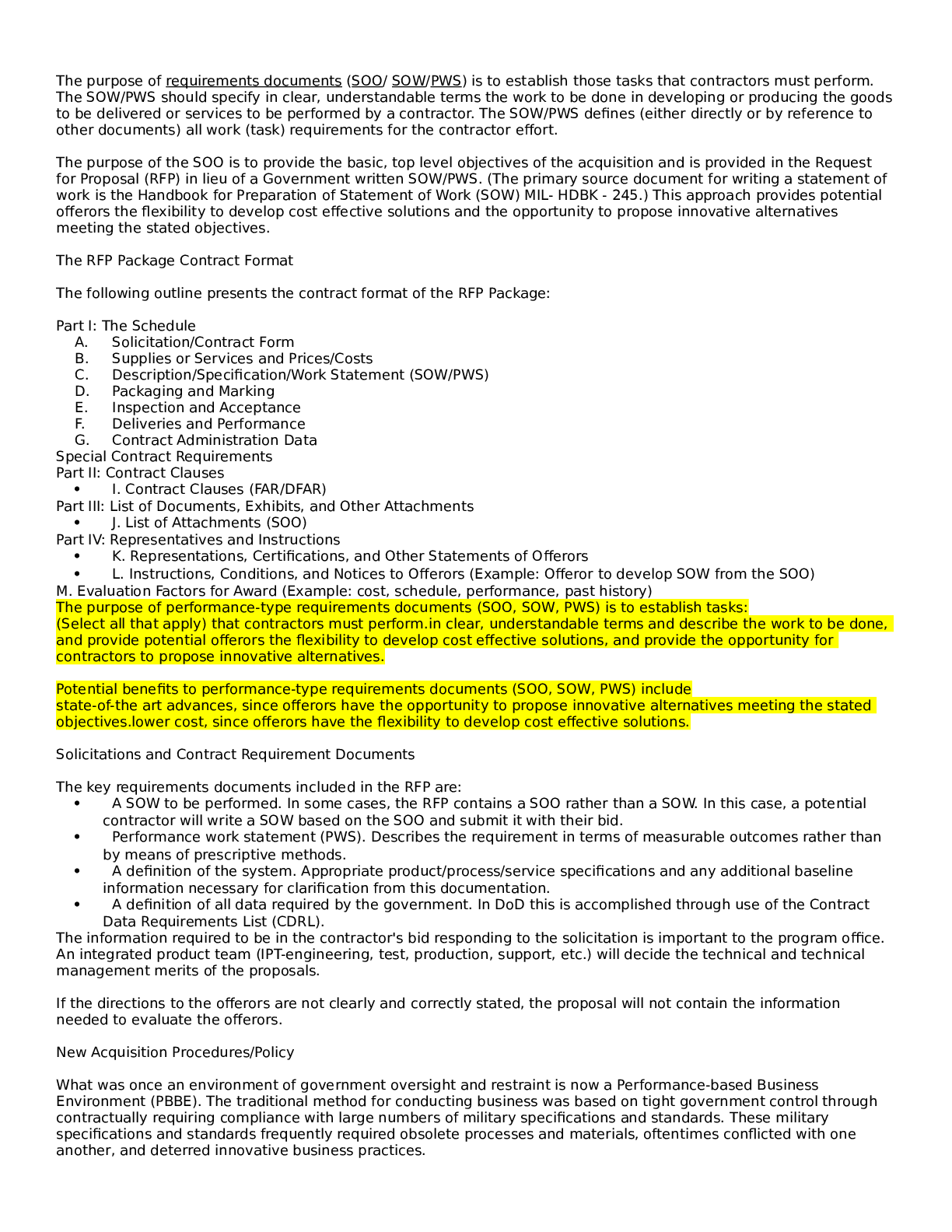
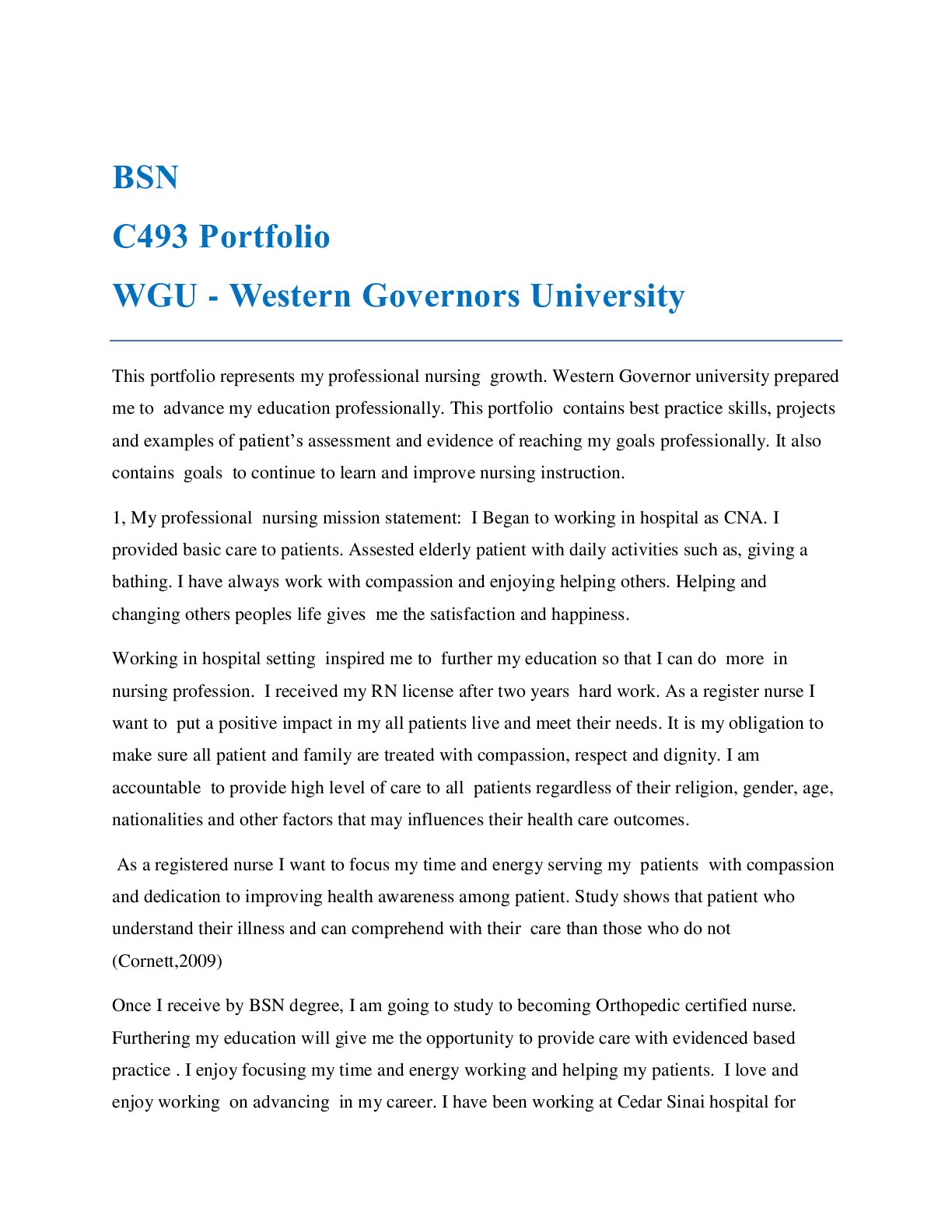
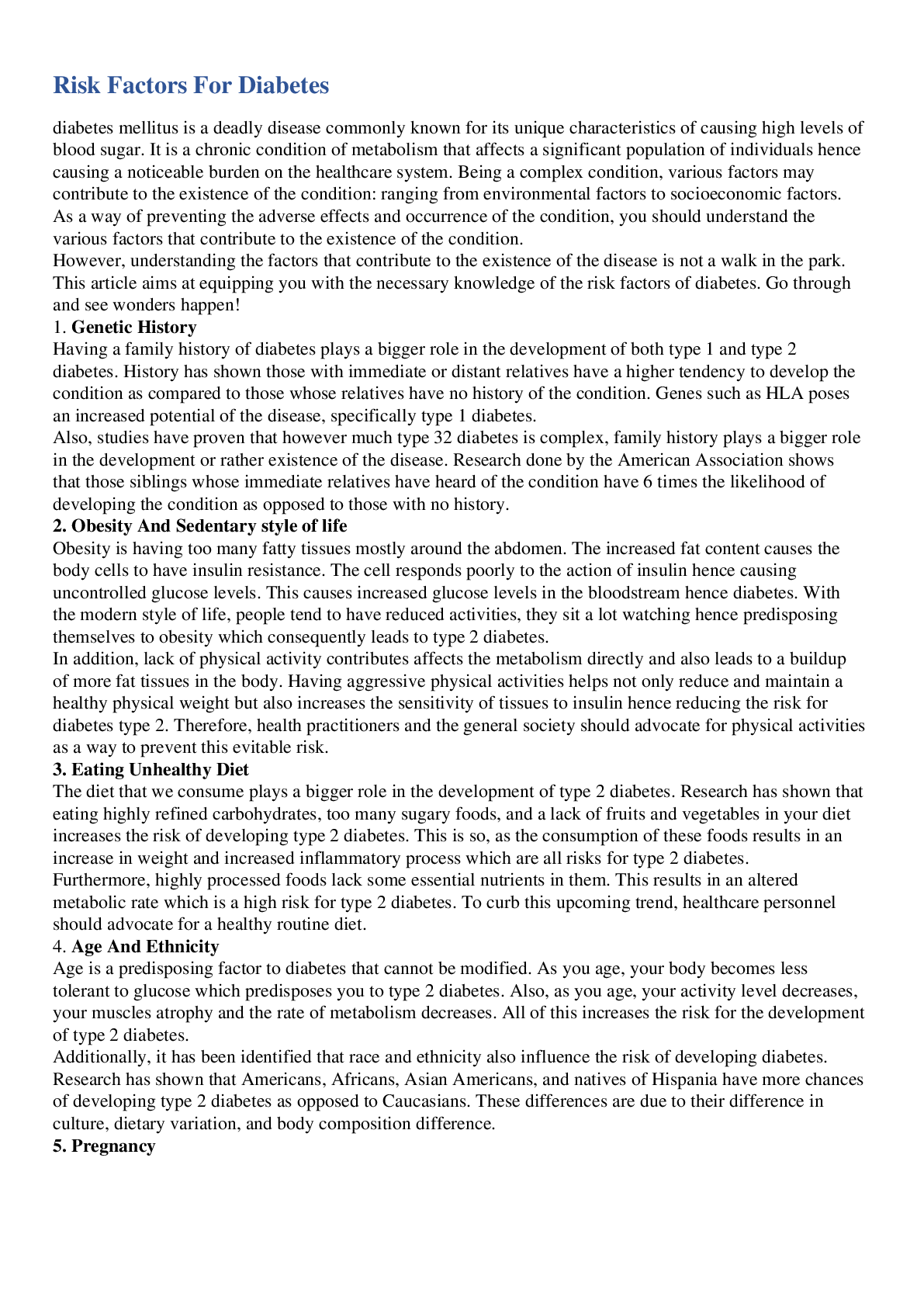
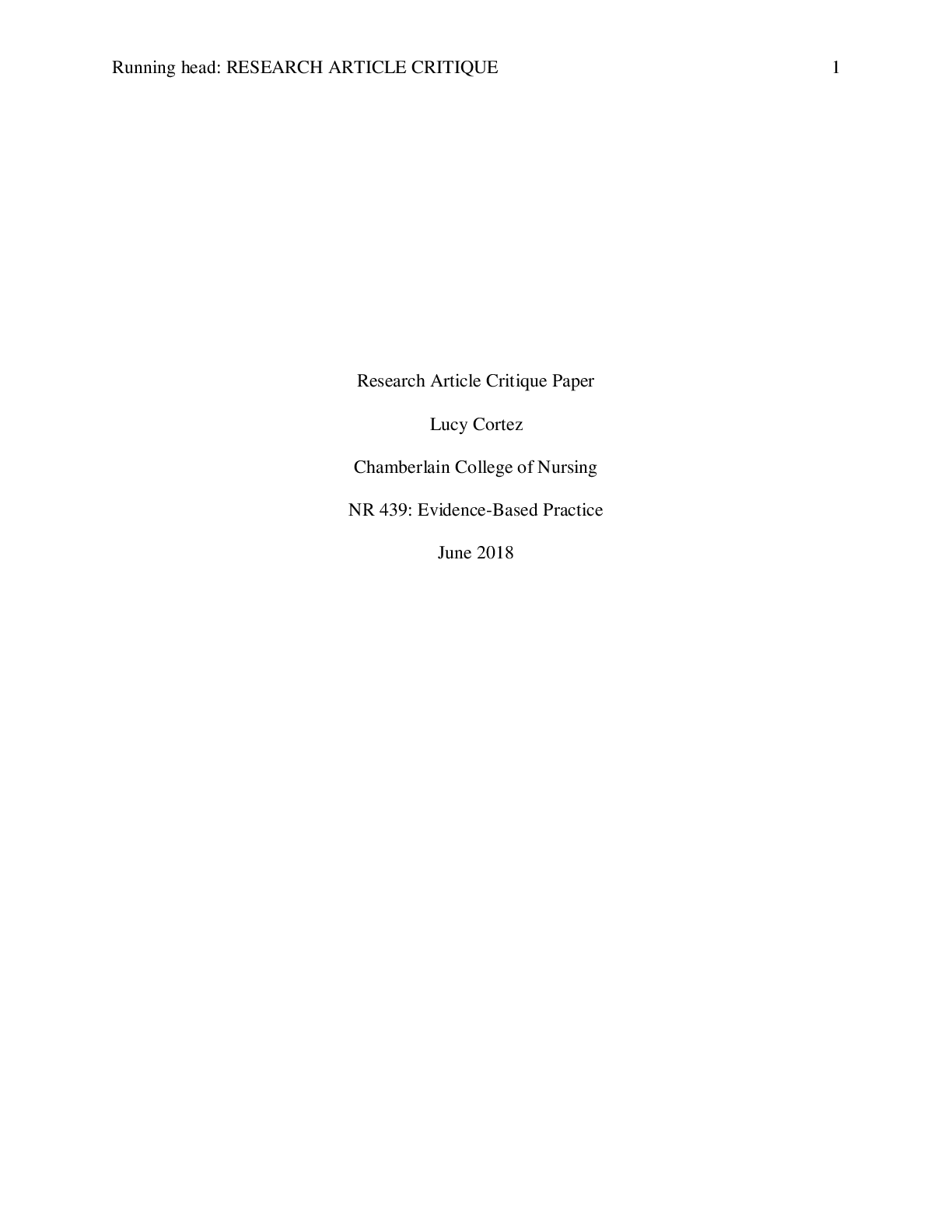
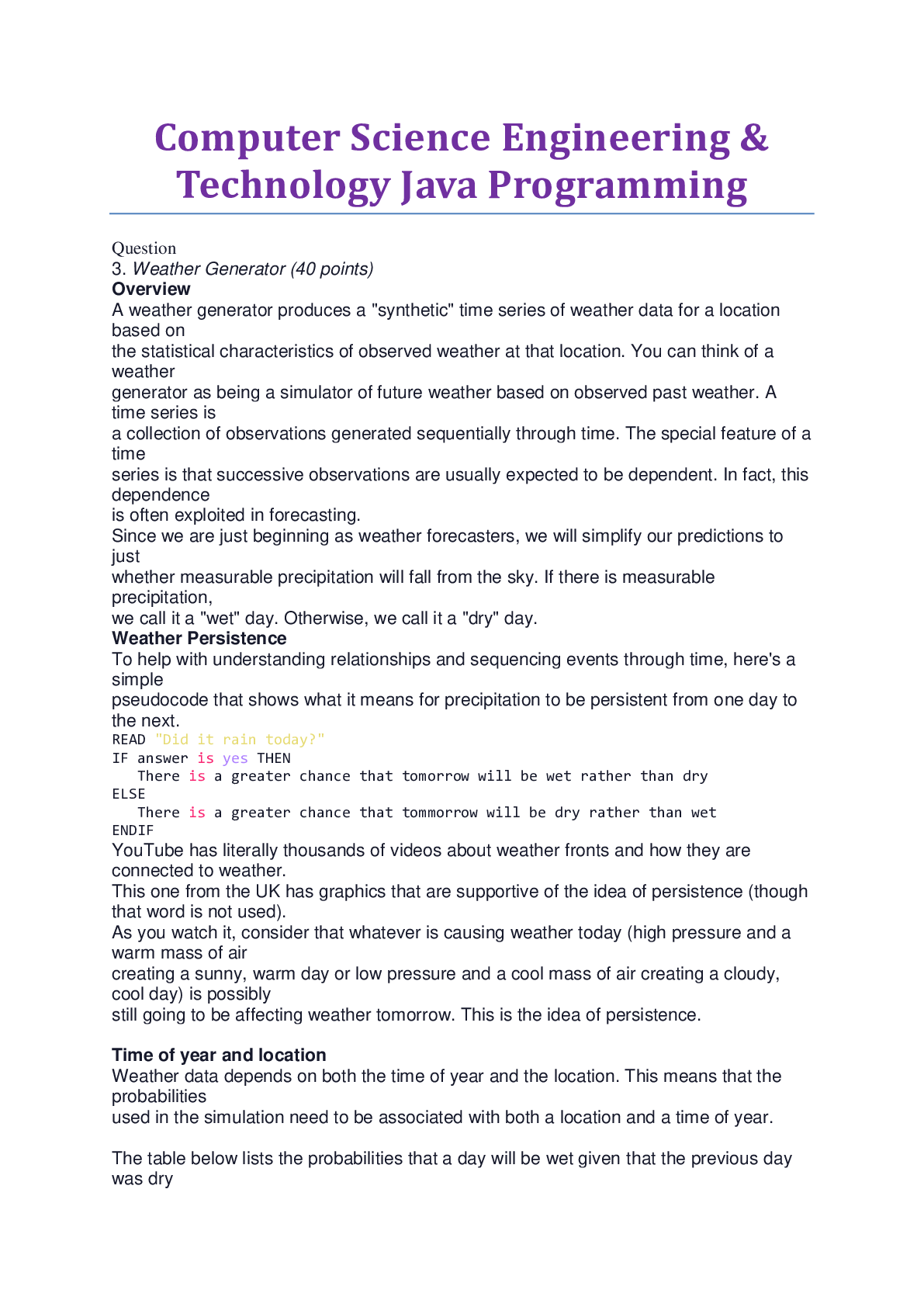
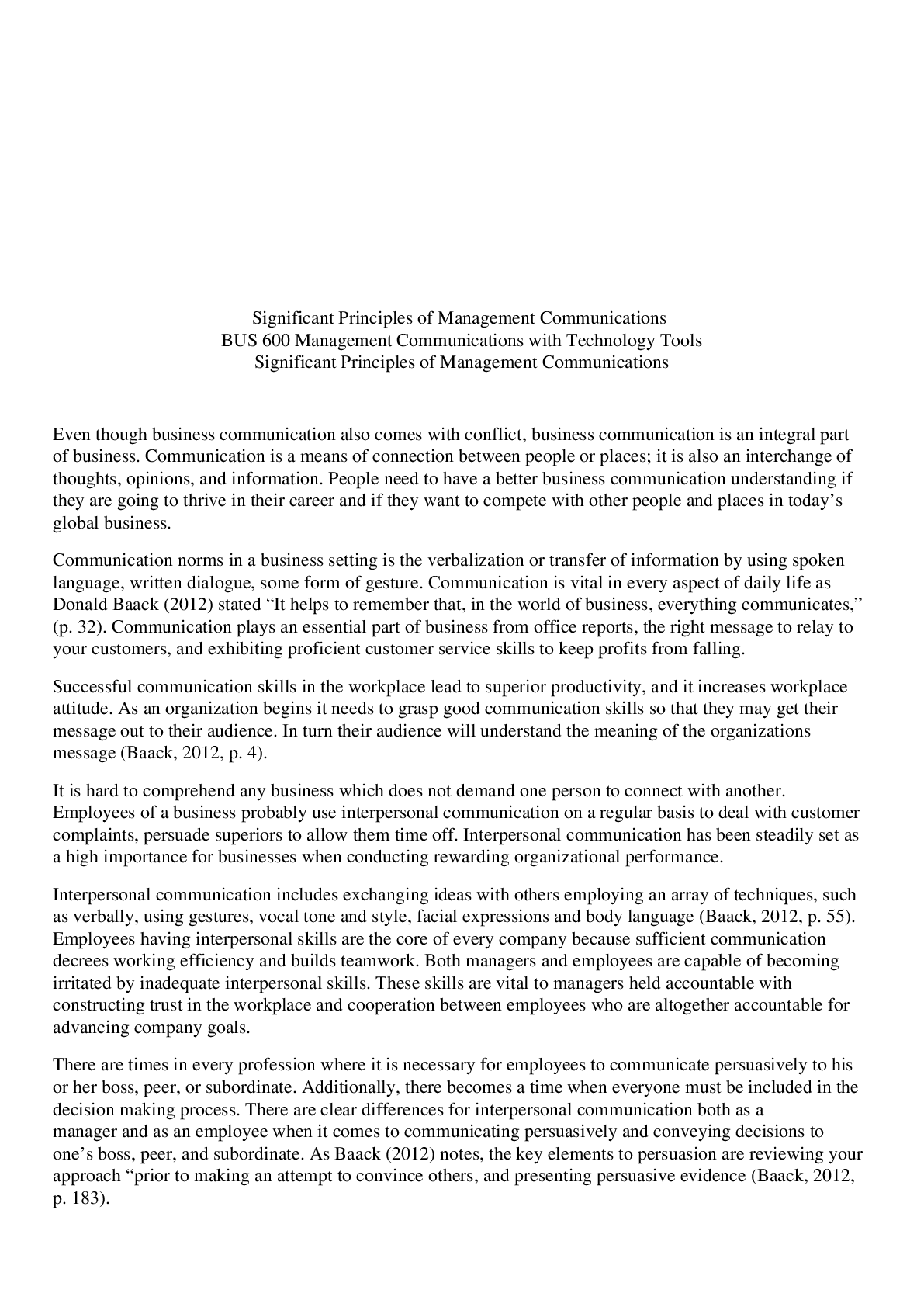
Interdisciplinary Paper.png)





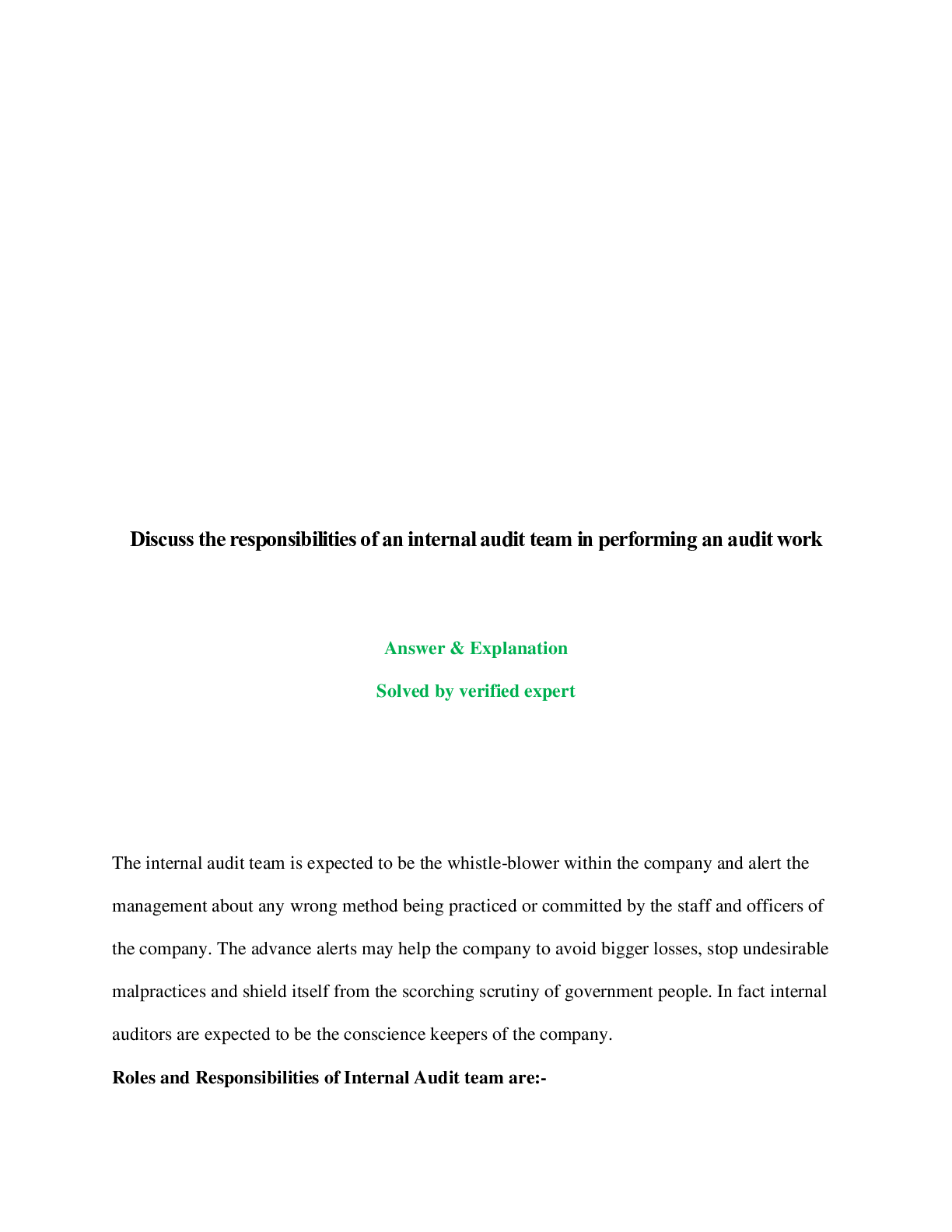
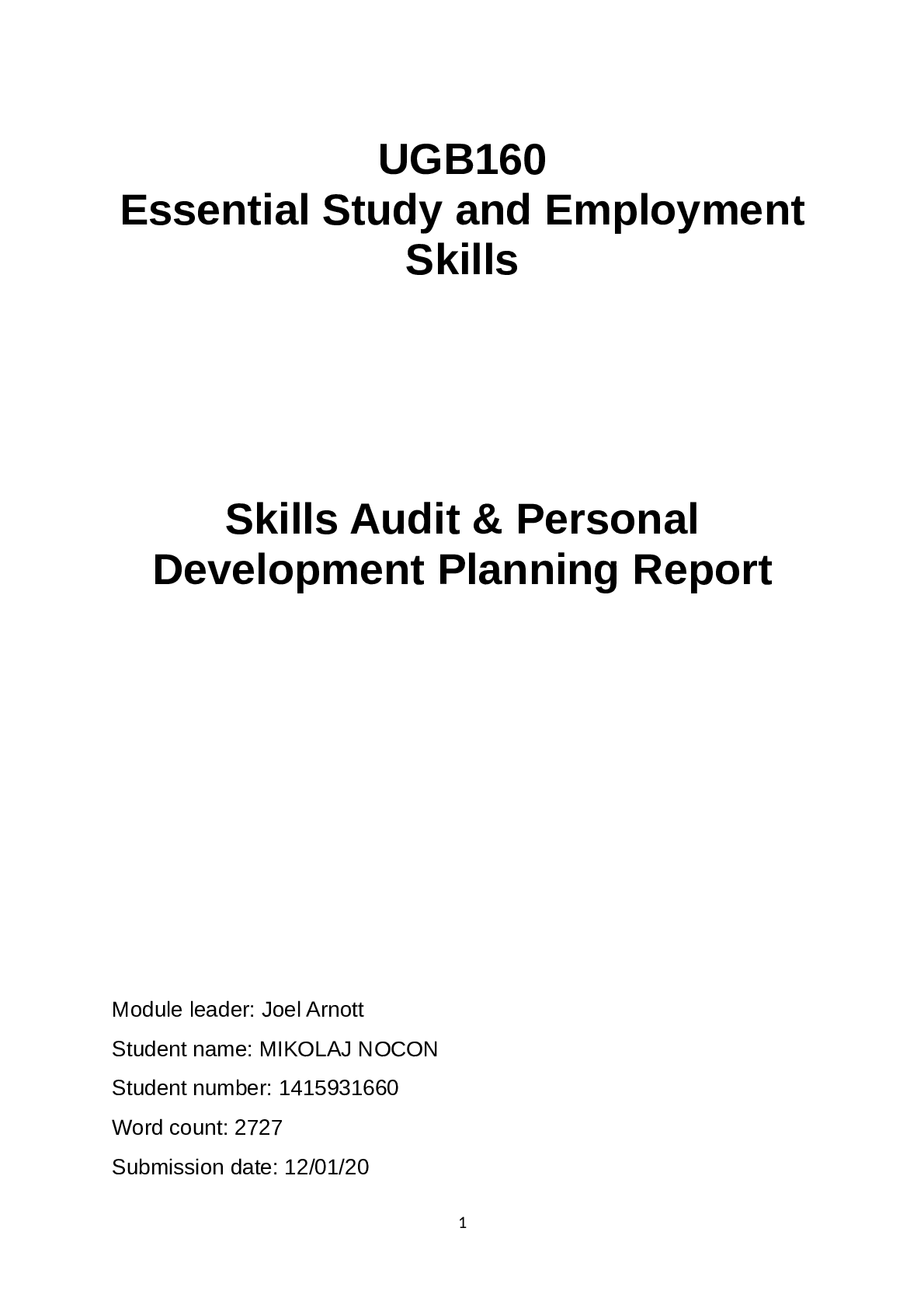



dfdfefe.png)

